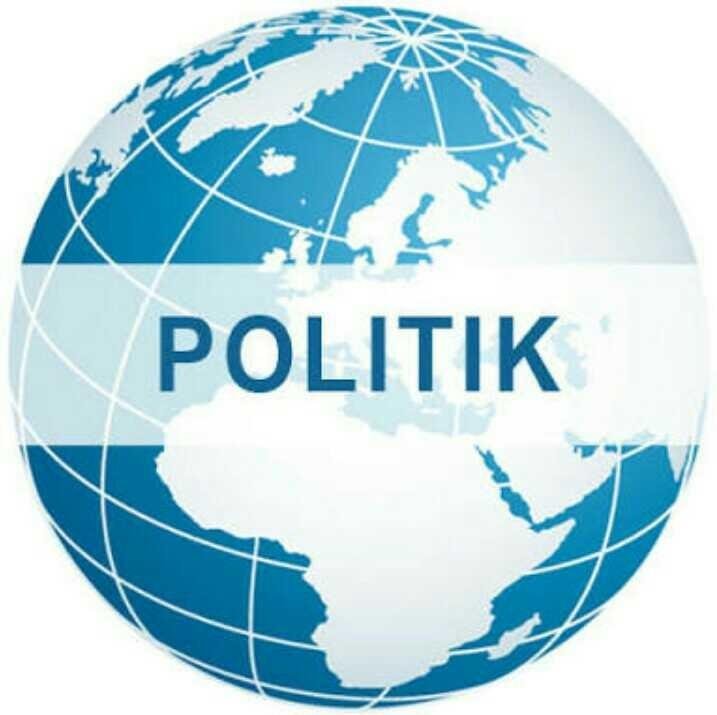
Political Understanding
Politics is the process of formation and distribution of power in society which, among other tangible decision-making process, especially in the country. This notion is an attempt to merge between different definitions of the political nature known in political science.
Politics is the art and science to gain power both constitutionally and nonconstitutionally.
In addition, politics can also be viewed from different angles, namely:
· Politics is an attempt by citizens to realize the common good (Aristotle's classical theory)
· Politics is related to governance and State
· Politics is an activity directed to gain and maintain power in society
· Politics is everything about the process of formulation and implementation of public policy.
In the context of understanding politics, it is necessary to understand some of the keys, among others: political power, legitimacy, political system, political behavior, political participation, political process, and equally important to know the ins and outs of political parties.
In general it can be said that politics is an attempt to emphasize rules that are acceptable to most people, to bring society into a harmonious coexistence. Enterprises to achieve the good life is related to various activities that include the process of determining the purpose of the system, as well as ways to implement that goal. The community makes decisions about what the objectives of the political system are and this implies a choice between several alternatives as well as the priority order of the intended goals.
To implement public policies relating to the arrangement and allocation of natural resources. Need to have power (power) as well as authority (authority). This power is necessary both to foster cooperation and to resolve conflicts that may arise in this process. The ways he uses can be persuasive and if necessary coercive. Without coercion, this policy is only a mere formulation of desire.
However, these activities can cause conflict because the values (both material and mental) that are pursued are usually rare in nature. On the other hand, in a democratic country, this activity also requires cooperation because human life is collective. In this context, politics on its basis can be seen as an attempt to resolve the conflict.
But it can not be denied that in practice political activity, in addition to good aspects, also includes negative aspects. This is because politics reflects human nature, both good instincts and bad instincts. Human feelings are diverse, very deep and often contradictory, including love, hatred, loyalty, pride, shame and anger. Not surprisingly, in everyday reality we are often faced with many activities that are not commendable. In short, politics is a struggle for power, a throne and a treasure.
Joyce Mitchell, in her book Political Analysis and Public Policy says: "Politics is a collective decision-making or public policy-making for the whole community.
Harrold D Laswell in Who Gets What, When, How says "Politics is a matter of who gets what, when and how" Roger F. Soltau, in his Introduction to politics says: "Political science studies the State, the goals of the State and its institutions will carry out those objectives, the relationship between the State and its citizens and the relations between countries.
W.A Robson in The University Teaching of Social Sciences, said: "Political science studies power in society, that is, the essential nature, processes, scope and results. The focus of a political scholar's attention is on the struggle to maintain power, exercise power or influence over others, or oppose the exercise of that power.